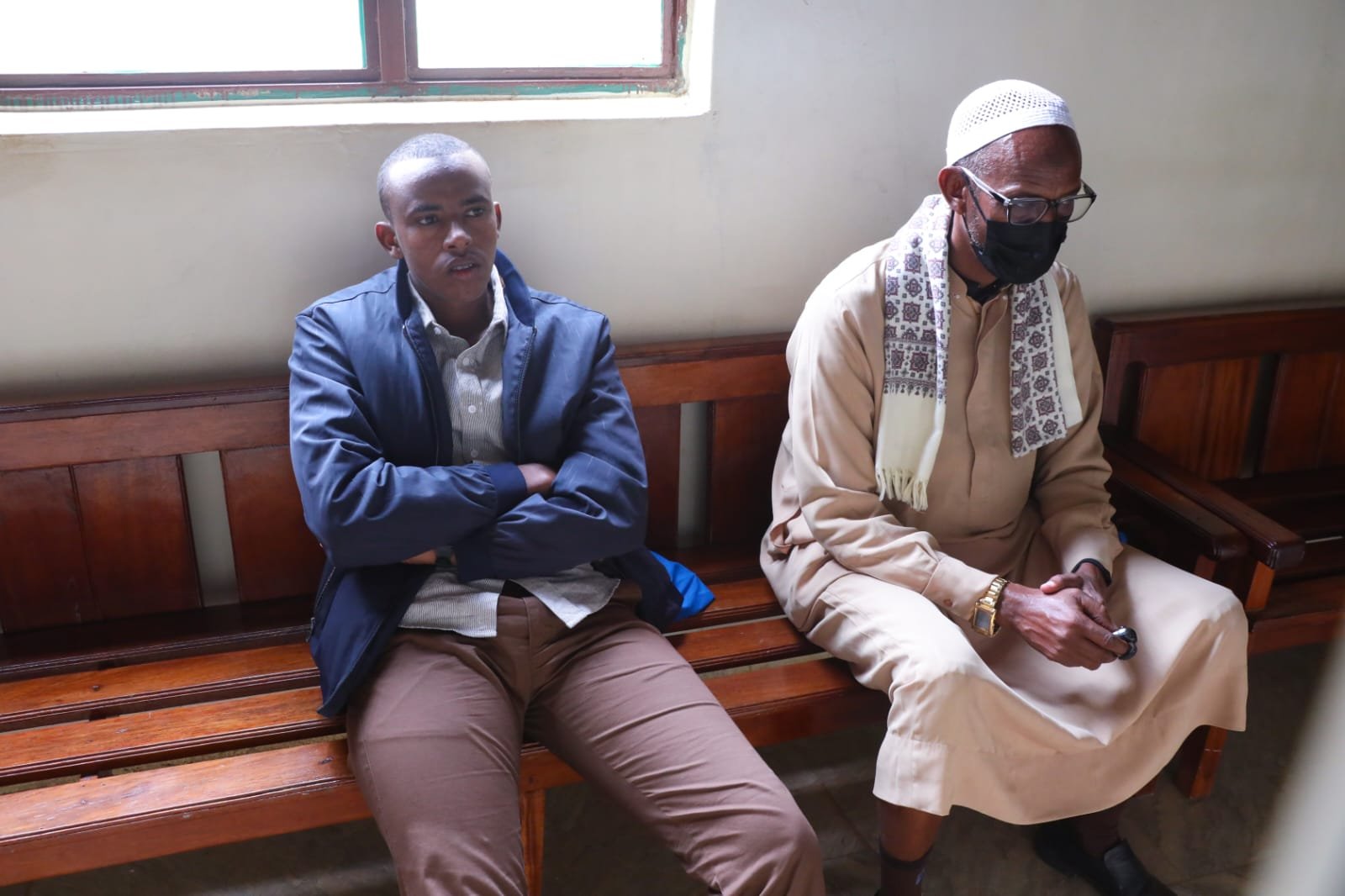NAIROBI, Kenya — The Kahawa Anti-Terror Court has delivered a significant judgment, sentencing two individuals to 30 years in prison each for their role in facilitating the devastating terrorist attack at the DusitD2 Hotel Complex in Nairobi in 2019.
In a ruling delivered on Thursday, Lady Justice Diana Kavedza handed 61-year-old Mohamed Abdi Ali a 15-year sentence for 14 charges of facilitating a terrorist act, with an additional 15 years for charges of conspiracy to commit an offense.
His accomplice, 22-year-old Hussein Abdille Ali, received a parallel 30-year sentence for the same charges, with both sentences to run consecutively.
The two men were directly linked to the 2019 attack at the DusitD2 Hotel Complex in Nairobi, which tragically claimed the lives of 21 people and left several others with severe injuries.
Mohamed Abdi Ali facilitated the deadly attack by sending Ksh 836,900 to Ali Salim Gichunge, also known as Farouk or Erick Kinyanjui Munyi, the deceased attacker and a member of the Al Shabaab terrorist group.
The transactions occurred between October 14, 2018, and January 12, 2019, in the Soko Mbuzi area of Mandera County.
Lady Justice Kavedza determined that the prosecution team, led by Assistant Director of Public Prosecutions Duncan Ondimu, had presented satisfactory evidence against the two convicts.
During the extensive court proceedings, the prosecution called upon 45 witnesses to provide detailed accounts of the events and uncover the truth surrounding the terrorist act.
Among the compelling testimonies was that of American national Joseph Spindler, who recounted the tragic loss of his son, Jason Spindler, in the incident.
“Your honour, I’m not here for revenge but for justice. Under Kenyan law, those who collaborated with terrorists must face the full weight of justice. Jason was a survivor, a doer and a visionary. He deserved a future, not a grave marked by the shrapnel from a terrorist’s suicide vest,” Spindler stated, his words underscoring the profound impact of the attack.
Also Read: ‘They blew themselves up’: Eyewitnesses, CCTV footage conflict UPDF’s claim of ‘neutralizing’ Munyonyo bombers
The court also heard evidence detailing the significant economic toll on the DusitD2 Hotel itself, which bore the brunt of the attack, experiencing a decline in occupancy rates to 55 per cent and a reduction in human traffic to just 200 people daily.
The Assistant DPP had urged the court to impose the maximum sentence on the convicts, emphasizing its necessity to serve as a deterrent against future acts of terrorism.
In her judgment, Lady Justice Kavedza noted that the ruling aimed to provide a measure of closure for the survivors, nearly six years after the tragedy.
“What followed was one of the most comprehensive counter terrorism investigations in Kenya’s history, as law enforcement agencies pursued not only the attackers’ immediate associates but also financiers, facilitators and logistical coordinators who enabled the attack,” she ruled, highlighting the extensive efforts to bring those responsible to justice.

